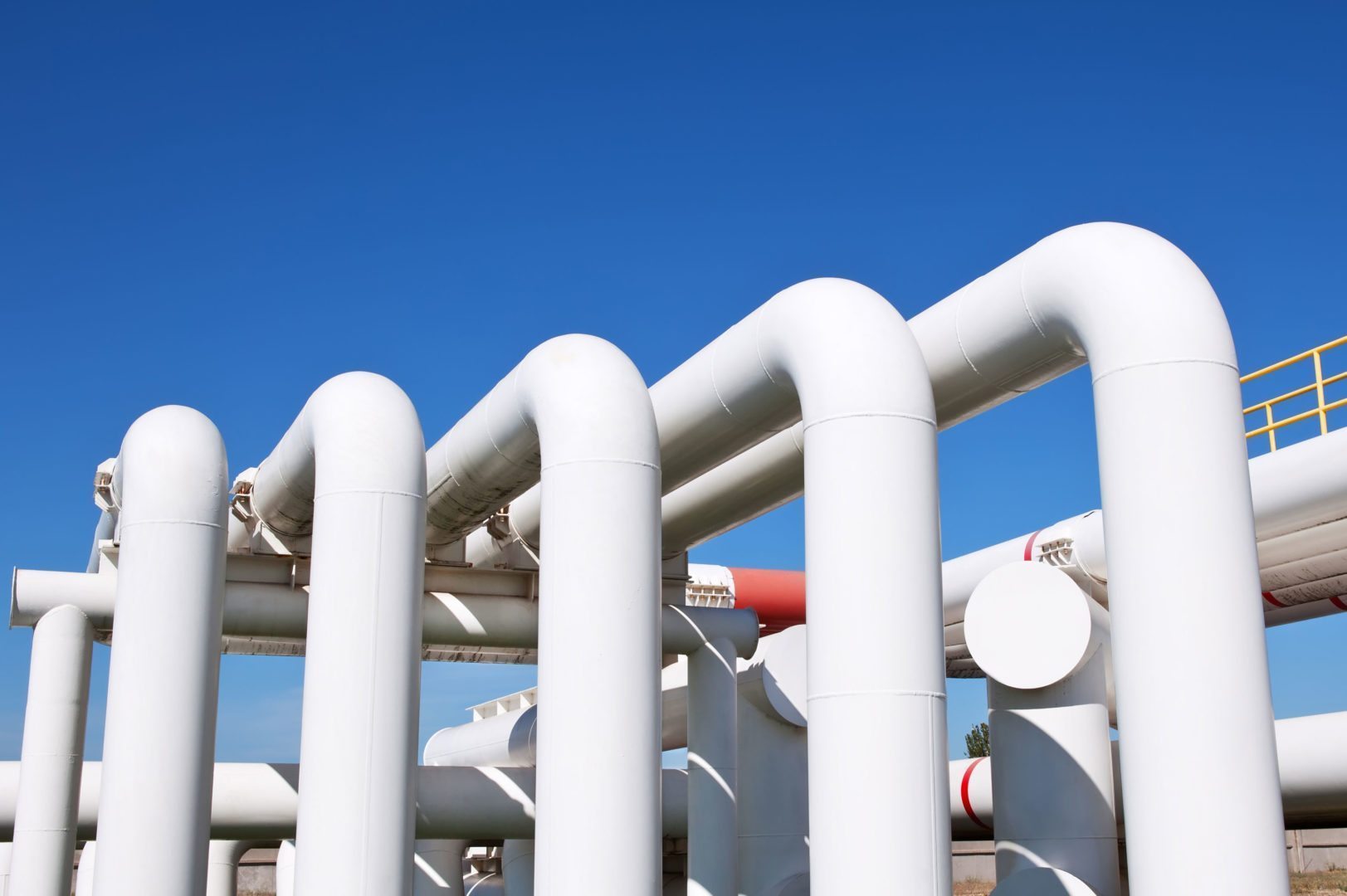

Sources say Baghdad is in talks with PetroChina over investment in $13bn project
Baghdad officials are seeking funding for oil projects from the Chinese oil and gas company PetroChina, according to two industry sources.
A deal to invest in Iraqs $13bn Common Seawater Supply Project (CSSP) was discussed when the Iraqs Prime Minister Haider al-Abadi visited Beijing in December according to one of the sources.
An agreement with contractors to build the CSSP must be signed soon, but there are problems finding the funds due to the budget problems in Baghdad, said the source.
According to the source, Iraq is offering companies deals that link investment in big infrastructure projects to opportunities to develop oil and gas fields.
They [Petrochina] want more fields in Iraq and have the capability to invest in the CSSP. They are negotiating with the oil ministry to take on the work, the source added.
Neither PetroChina or Iraqs oil ministry have responded to requests for information about negotiations about the CSSP.
The CSSP aims to replace existing use of fresh river water at Iraqs southern oil fields with seawater pumped through a network of pipelines.
Austria-based engineering consultancy ILF is handling the front-end engineering and design (feed) study for the pipelines, with US-based Parsons carrying out the feed for the pumping facilities.
The design phase of the CSSP is currently in the final stages of completion, but the date of the projects main contract tender is uncertain due to a budget crisis in Baghdad.
The main drivers behind the crisis are Iraqs expensive war with Islamist group Islamic State in Iraq and Syria (Isis) and the decline in global oil prices, which make up more than 90 per cent of government revenues.
Brent crude has dropped from $112 a barrel in June 2014 to less than $30 earlier this month, slashing government revenues.
The budget crisis has sent a shockwave through Iraqs key oil provinces of Kurdistan and Basra, causing thousands of projects to stall.
In the Kurdistan region of northern Iraq, about 5,000 projects have been put on hold, according to a statement made to MEED by Kurdistan Regional Government (KRG) Deputy Prime Minister Qubad Talabani in October 2015.
In the Basra region, several key projects have stalled over recent months after a letter from the Oil Ministry warned foreign companies developing the countrys southern oil fields that Baghdad had sharply reduced the funds available to the ministry due to the drop in government revenues from crude sales.
In early January, an industry source told MEED that the 2016 budget for the $2.5bn Rumaila oilfield development had not yet been approved.
The unresolved budget problems are likely to have a negative impact on the megaprojects progress.
The West Qurna-2 Mishrif Full Field Development, another upstream megaproject that is estimated to be worth $2.5bn, is also facing budget problems.
On 14 January, Lukoil, the Russian company that operates the field, told MEED that it is yet to reach a final agreement on the 2016 budget for the project and negotiations were continuing with Baghdad.
In December 2015 China and Iraq issued a joint statement upgrading their relationship to a strategic partnership.
In a meeting in Beijing with Iraqs Prime Minister Haider al-Abadi, Chinas President Xi Jinping pledged Chinese assistance in energy, electricity, communication and infrastructure projects in Iraq.
The two leaders also signed a memorandum of understanding (MoU) on oil and gas promising a long-term and comprehensive strategic partnership on energy cooperation.
If Baghdad can secure Chinese investment for the CSSP and jumpstart the projects progress, it will increase optimism that other projects in the region may also see progress in coming months.
Under current plans the CSSP will pump water to the majority of southern Iraqs large oil field operations, including Rumaila, Halfaya, Zubair, West Qurna-1, West Qurna-2, Missan, Tuba and Majnoon.
It will provide the operators with water to inject into the reservoirs to increase pressure and boost recovery, with targeted recovery rates of 50 per cent. It will also free up fresh water for use by the local population.
The facility will have the capacity to deliver 12.5 million barrels a day (b/d) of seawater through 426 kilometres of pipeline. It will include eight interconnecting stations and 10 delivery stations.
The CSSP scheme has suffered several setbacks since it was first conceived. Originally led by US oil major ExxonMobil, the project is now being managed by US engineering consultant CH2M, which was appointed in a $170m deal in late 2012. The official timeline for completion in 2017 now looks to be out of the question. With the project now in the feed stage, it is likely to be completed by 2019 at the earliest.
Construction has been planned over two phases. Phase one will provide 6.7 million b/d of water for the five fields of Zubair, Rumaila, West Qurna-1, West Qurna-2 and Majnoon.
Further phases will increase supplies to these fields, as well as to the Gharraf, Halfaya and Missan oil fields. Depending on Iraqs targeted crude production levels, the total demand for water could reach 12.5 million b/d.
You might also like...

Contractors win Oman Etihad Rail packages
23 April 2024

Saudi market returns to growth
23 April 2024

Middle East contract awards: March 2024
23 April 2024

Swiss developer appoints Helvetia residences contractor
23 April 2024
A MEED Subscription...
Subscribe or upgrade your current MEED.com package to support your strategic planning with the MENA region’s best source of business information. Proceed to our online shop below to find out more about the features in each package.






